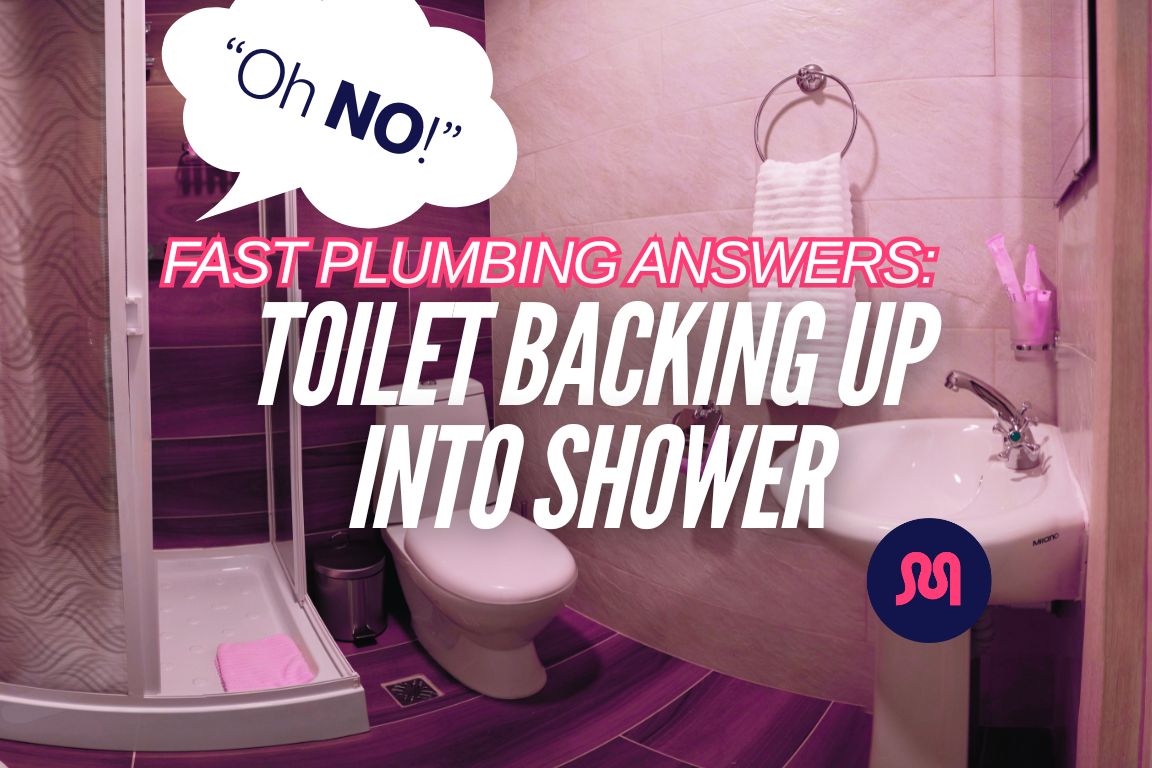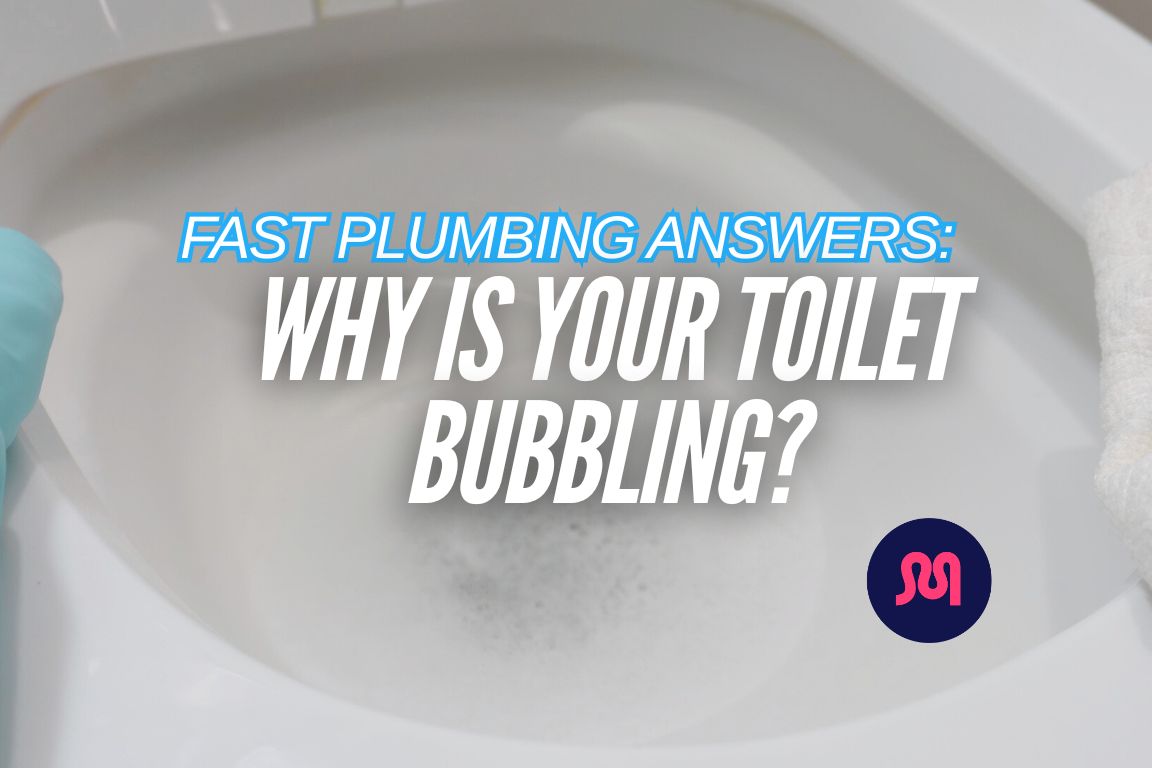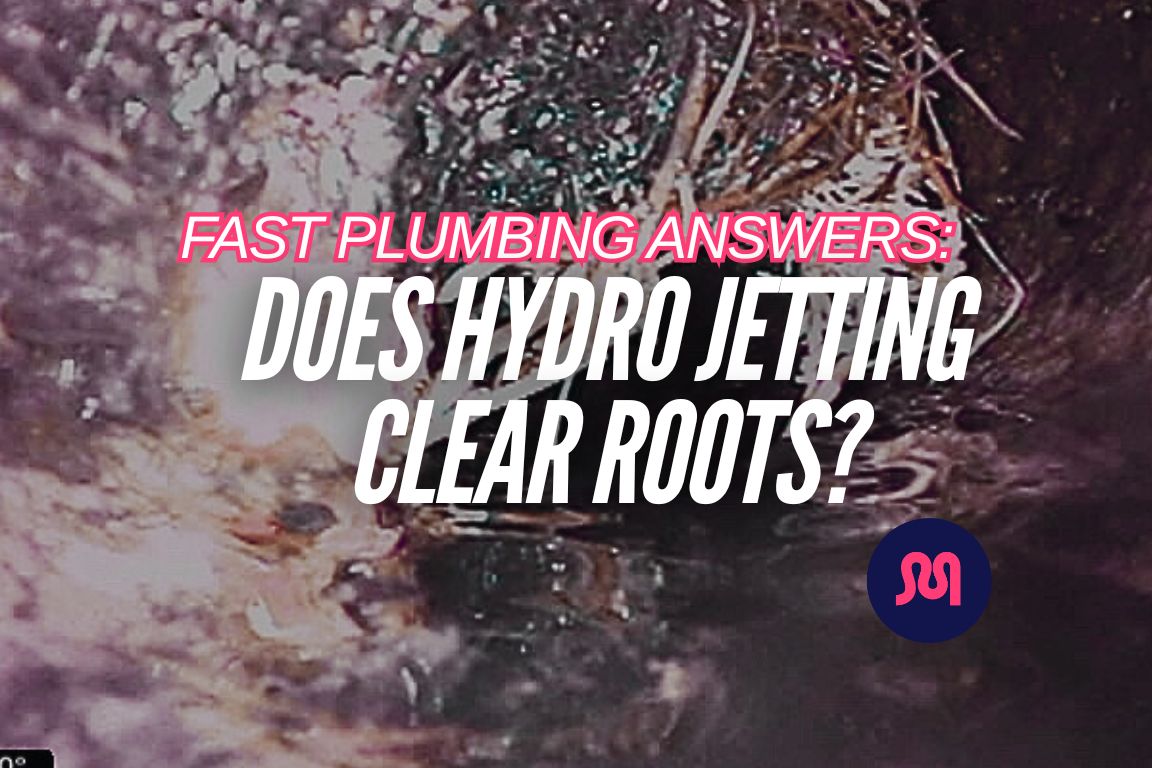Fast Plumbing Answers: Water Under Floorboards
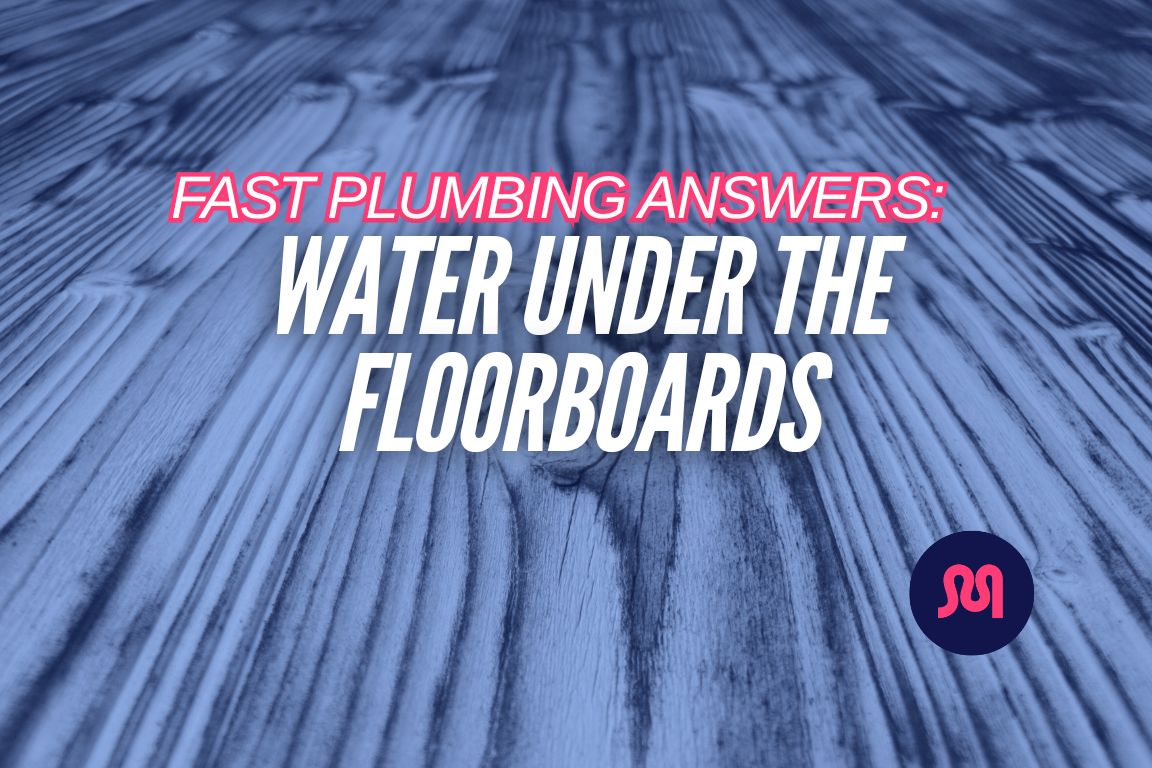
table of contents
table of contents
A portion of your floor feels soggy or soft to step on. When you pull back the carpet, you see water under the floorboards. It’s an immediate cause for concern- do you have a leak in your walls or under the foundation? Is an appliance malfunctioning? How can you fix the problem?
Don’t worry- we’ll answer all your questions in 2 minutes or less.
We’re Mother, a Dallas-Fort Worth plumbing company that provides dependable, hassle-free modern plumbing for homeowners who value quality. Call us 7 days a week for non-invasive leak detection and repair services, and solutions that last.
{{leak-detection="/services/leak-detection"}}
Water Under Floorboards? Check for a Broken Pipe
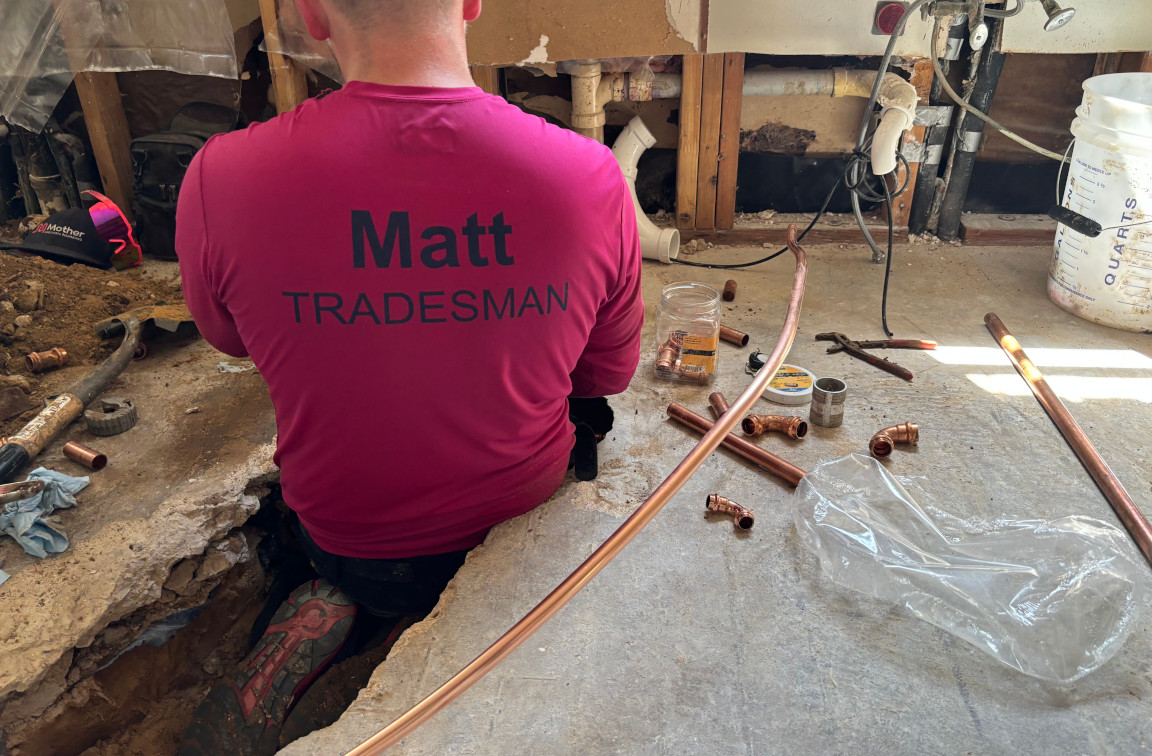
“Water under your floorboards is a serious concern,” says our Master Plumber Dillon Ashton. “It usually points to a hidden plumbing leak near or under your home.”
The most common cause of water pooling under your floorboards is a pipe burst in one of 2 locations:
- Slab leak: This is a broken water pipe near (or underneath) your home’s concrete foundation.
- In-wall leak: A burst pipe in the walls of your home, usually off a branch line near your bathroom or kitchen.
You’re almost certainly dealing with a leak in your water line, not your sewer line.
The most likely way it happened
The most likely reason for water under your floorboards is a combination of your concrete foundation’s porous nature and pressurized water from a pipe leak.
The water supply you receive from the city is delivered with increased water pressure. When a pipe leak forms near your slab, that pressurized water escapes rapidly. Once the soil around the leak is saturated, the water naturally enters the pores of your concrete slab.
This moisture creates cracks in the slab and forces the water up towards your home. That’s how pools of water ultimately end up under your floorboards.
Other Possible Causes of Water Under the Floorboards
If your plumber rules out a slab leak as the cause of water under your floorboards, there are 2 other potential reasons for the problem:
- Leaks from in-home appliances; or
- Poor drainage around your home’s foundation.
How appliance leaks cause water under the floor
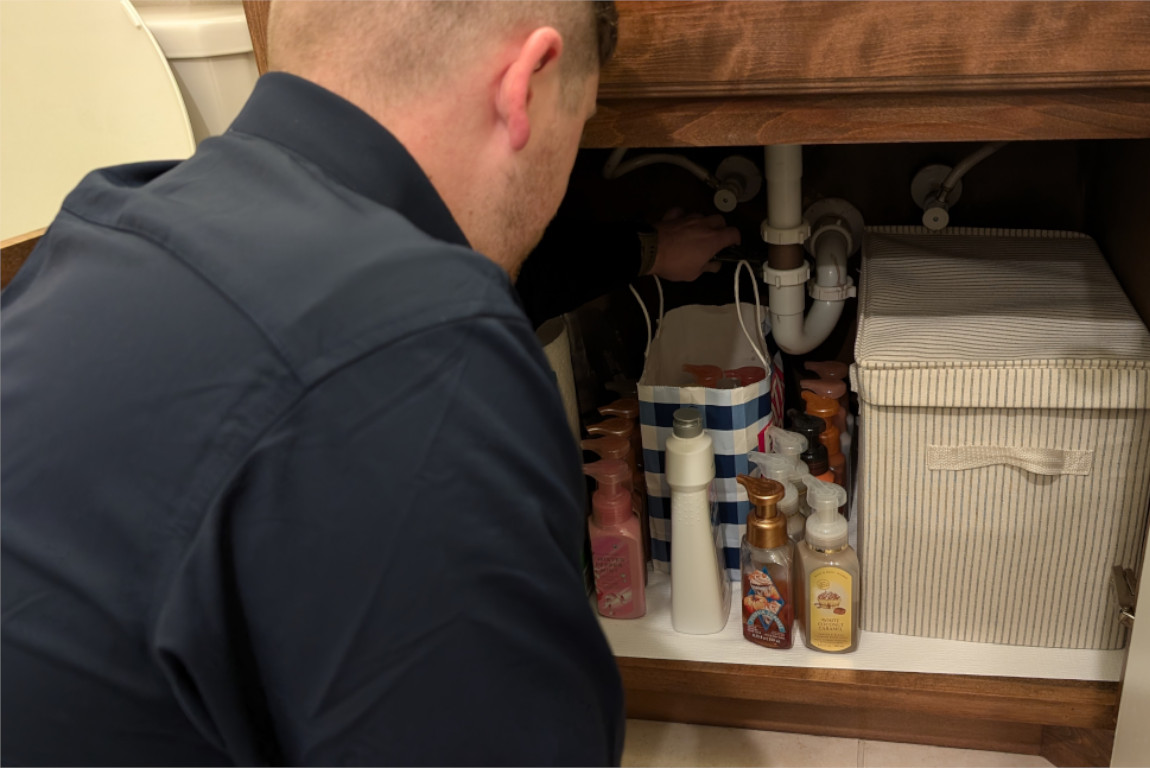
Faulty appliances in your basement, utility room or on the first floor can spring leaks that cause water to collect under your flooring. The most common culprits are leaky dishwashers, water heaters and washing machines.
However, this isn’t the likely reason you’re reading this article- you’d probably know if there’s a leak under your dishwasher based on the location of your moist floorboards.
If your plumber says the issue isn’t a leaky slab, conduct a quick visual inspection of your appliances as a “just in case” measure.
Check the drainage around your home’s foundation
“Poor drainage around or under the home is a possible cause of water under the floor,” Dillon says.
Your property should be sloped roughly 5% away from your foundation- -this is 6 inches of fall over the first 10 feet away from the foundation. (This is a rise of 6 inches and a run of 10 feet.)
If your yard doesn’t slope that severely away from your home - or if it’s perfectly level - it’s a recipe for water collecting near the slab, forming cracks and entering your ground level flooring.
If the water under your floor is accompanies by water pooling outside near your foundation, it’s a clear indication of poor drainage on your property.
Long-Term Effects: If You Don’t Fix the Problem
If you pull back your floorboards and see a pool of water, don’t ignore the issue.
“If the water under your floor is left unchecked, it leads to mold, rot and structural damage,” says Dillon.
Over the course of several weeks, water in the floorboards forms enough mold and rot to create a health hazard for your family and pets.
Within 1-2 months, your floorboards are no longer safe to walk on.
4 symptoms you should never ignore
Dillon highlights these 4 warning signs as telltale indicators of a leak causing damage to your floorboards. “Never ignore these symptoms,” he says:
- Musty smells in or near your floorboards
- Warped flooring or sub-flooring
- Damp spots in your floor
- Hot spots (warm, wet spots) in your floor
How to Fix Water Under Floorboards Right Now
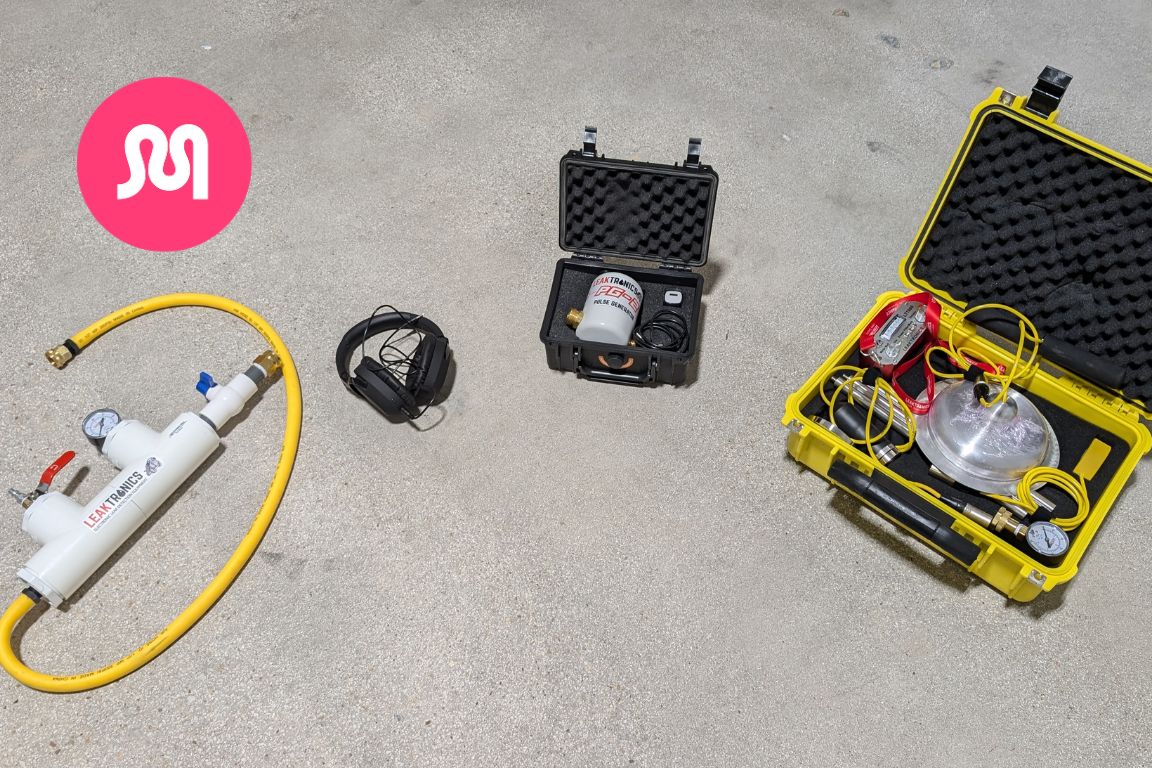
Let’s diagnose the reason for the water in your floorboards and sub-floor. Then, we’ll use that information to provide the best possible solution for your specific problem.
The first step is hiring a plumber for advanced leak detection services.
Leak detection services: find the problem without digging
Schedule non-invasive advanced leak detection services with a trusted local plumber. Whether your leak’s in the slab, in your wall, or under an appliance, there’s no reason to dig or cut open a wall to find it.
Ask for these leak detection options to pinpoint the leak’s exact location:
- Acoustic leak detection: Think of acoustic leak detection equipment like sonar for your backyard- we use sound waves to pinpoint the precise location of your freshwater leak.
- Electronic leak detection: An electronic leak detector senses changes in conductivity due to the presence of water. This allows it to find wet areas underground surrounded by dry soil — a telltale sign of leakage.
- Camera inspection: A small high-quality camera is attached to a flexible cable and lowered into your sewer line, usually through your sewer cleanout. This allows a non-invasive, real-time look inside your pipes without any digging or excavation.
Pro tip: Suspect a leak under the slab? Shut off the water and check your water meter. If it’s still spinning, you have a hidden leak.
If it’s a leak: Ask your plumber for your best solution
You found a leak in your walls or under your house. While that’s not the best news, it’s the first step to a long-term solution that delivers peace of mind.
Ask your trusted plumber for their single best recommendation to resolve the leak and set your home’s water pipes up for decades of success.
- In-wall leaks: Ask for the least invasive option to fix the leak- ideally, spot repairs or partial replacement.
- Slab leaks: Ask your plumber if trenching, tunneling or pipe rerouting is the best option for your home. Key decision points include the severity of repairs, accessibility of the damaged pipe section, and its proximity to the slab.
Always demand Schedule 40 PVC pipe materials for your new pipe sections. It’s the best pipe material for home plumbing systems and lasts 75-100 years with proper maintenance and care.
Take control of your slab leak repair project! Compare your 4 service options by price and complexity in our updated guide.
{{choose-the-best-dallas-slab-leak-repair-option-for-you="/blogs/choose-the-best-dallas-slab-leak-repair-option-for-you"}}
If it’s not a leak: Talk to a landscaper about your property slope
If your plumber couldn’t find a leak in your main water line, slab or wall, your property may not properly slope away from the foundation.
Most reputable landscaping companies have the local knowledge and experience to grade your property to the recommended slop in your area.
“We’d recommend regrading the yard so the soil slopes away from the house,” Dillon says. He also states installing a French drain or surface drain to redirect the water helps many homeowners avoid future pooling near the foundation.
Call Mother for In-Home Leak Detection Services in Dallas
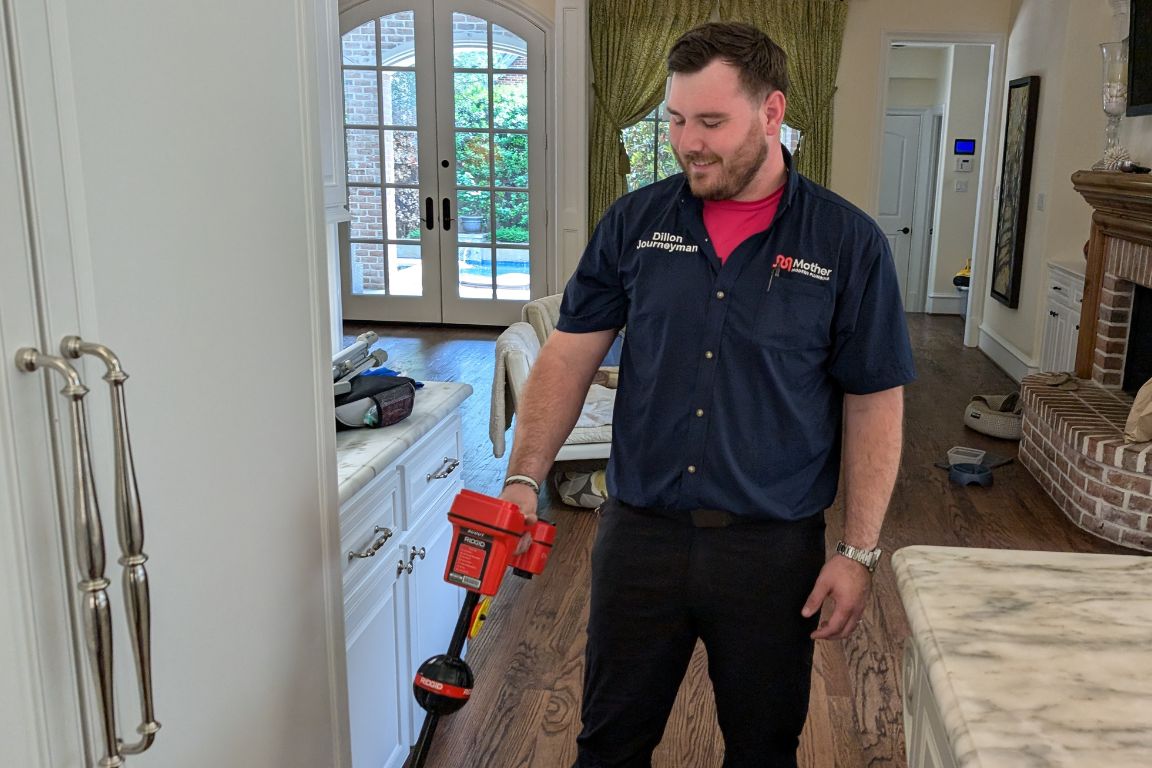
Water under your floorboards is a sure sign of a deeper issue in your home’s plumbing. It’s usually a freshwater pipe leak under your slab or in the walls- occasionally, you’re dealing with a faulty water-using appliance or a poorly sloped backyard.
The best first step to resolve the issue is advanced leak detection services from an experienced local plumber.
Dallas area homeowners trust Mother Modern Plumbing- our combined 100 years of experience allows us to offer the highest-rated plumbing camera inspections in the DFW Metroplex.
Call us immediately if you find water under your Dallas floorboards- waiting only makes your future repairs (and repair bill) worse. We’ll restore your plumbing and your peace of mind.
{{leak-detection="/services/leak-detection"}}
Common Q’s about Water Leaks
What are warning signs of an underground pipe leak?
Here are 10 warning signs of an underground pipe leak:
- Fast-moving water meter.
- Increased water bill.
- Decreased indoor water pressure.
- Wet spots in your lawn.
- Unusually green lawn spaces.
- Flooding around sprinkler heads.
- Cracked pavement or driveway.
- Sewage smell in your yard.
- Foundation cracks.
- Dirt in your indoor water supply.
What are warning signs of a hot water pipe leak?
Here are 6 warning signs of a hot water leak:
- Warm spots on floor.
- Mold and mildew on the floor or walls.
- Cracks in slab foundation or walls.
- Musty odors in floor or walls.
- Ceiling stains.
- Mold or mildew.
Are slab leaks covered by homeowner’s insurance?
Homeowner's insurance companies don't love to cover leaks in or near your home's foundation. If you want your slab leak repair covered, you need to follow a precise set of steps to improve your odds of coverage.
Follow these 4 steps in order to increase the chances your slab leak is covered by insurance:
- Immediately contact your insurance provider in the event of a freshwater leak.
- Hire a master plumber for 2 key tests: water pressure testing and hydrostatic testing.
- Consult a structural engineer before and after plumbing repairs.
- File all necessary paperwork to your homeowner’s insurance.
Can I DIY slab leak repair?
No, you cannot DIY slab leak repair. Leak location requires precise thermal imaging, and attempting DIY slab repairs may void your insurance.


